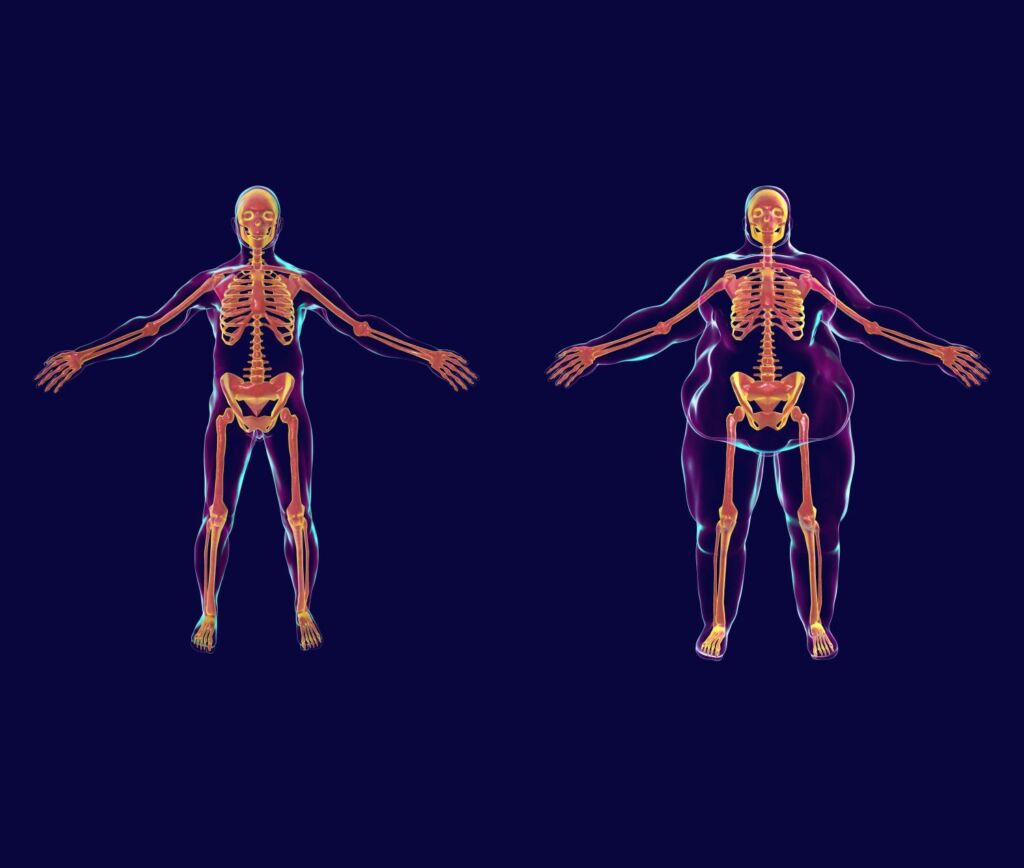Glorious summer weather is not only ideal for swimmers, pesky duck fleas also thrive in high temperatures. They lie in wait for their victims in local waters and cause severe itching. This is a case of mistaken identity: the parasites cannot distinguish between humans and animals.
Strictly speaking, duck fleas are not fleas, but larvae of worm-like parasites, also known as cercariae. These live as parasites in the intestines of native ducks, geese and swans. The parasite eggs enter the lakes via the droppings of the waterfowl. When the larvae hatch, they first infest water snails. At water temperatures above 20°C, the larvae, which are around one millimeter in size, leave the snails and set off in search of a host.
“In the worst cases, patients don’t close their eyes at night because of the itching.”
Annoying, but harmless
If a human happens to swim past, it can become unpleasant. This is because the larvae cannot distinguish human skin from duck skin and try to bore their way in. But human skin is too thick for the larvae – they get stuck in it and are killed by our immune system. This causes so-called swimming dermatitis, which manifests itself as a red skin rash with severe itching, urticaria, burning, tingling and numerous pustules and small blisters. It should be noted: The symptoms caused by duck fleas are basically harmless. However, the annoying itching can last for up to two days and the inflammations only heal after 10 to 20 days without treatment.
How to treat duck fleas
“How annoying itching is perceived varies from case to case,” says Claudia Lang, senior physician at the dermatology clinic. “Like pain management, itch processing is very individual. Patients who get itchy skin for the second time can react very strongly, as the immune response can be more severe the second time. In the worst case scenario, patients are unable to sleep at night because of the itching, which of course has an impact on their everyday life.” There is also a small risk of secondary infections due to severe scratching, similar to mosquito bites. Not every encounter with duck fleas has to end in pustular horror. “There are tablets and ointments that relieve the itching,” explains Lang. “If someone is suffering really badly from itching, we can prescribe lotions with polidocanol. This is a local anesthetic that soothes the skin. There are also anti-allergic tablets, known as antihistamines, which help to relieve the itching. Some are even available over the counter.” Fortunately, swimming dermatitis is not contagious.
What helps against duck fleas?
Precautionary measures are still the most effective: swimming areas with a particularly large number of water birds should be avoided, as duck fleas can be found there as well as in shallow and warm water. You can also prevent the pests from penetrating your skin by showering thoroughly after swimming and drying off thoroughly. If you want to be on the safe side, you should only swim in flowing water. Duck fleas are not an issue in rivers. The same goes for the sea: the parasites do not survive in salt water.
Five simple tips against duck fleas
- Do not swim where there are many water birds
- Shower thoroughly immediately after swimming
- Rub dry vigorously with a cloth
- Avoid warm and shallow water
- Change clothes after swimming





